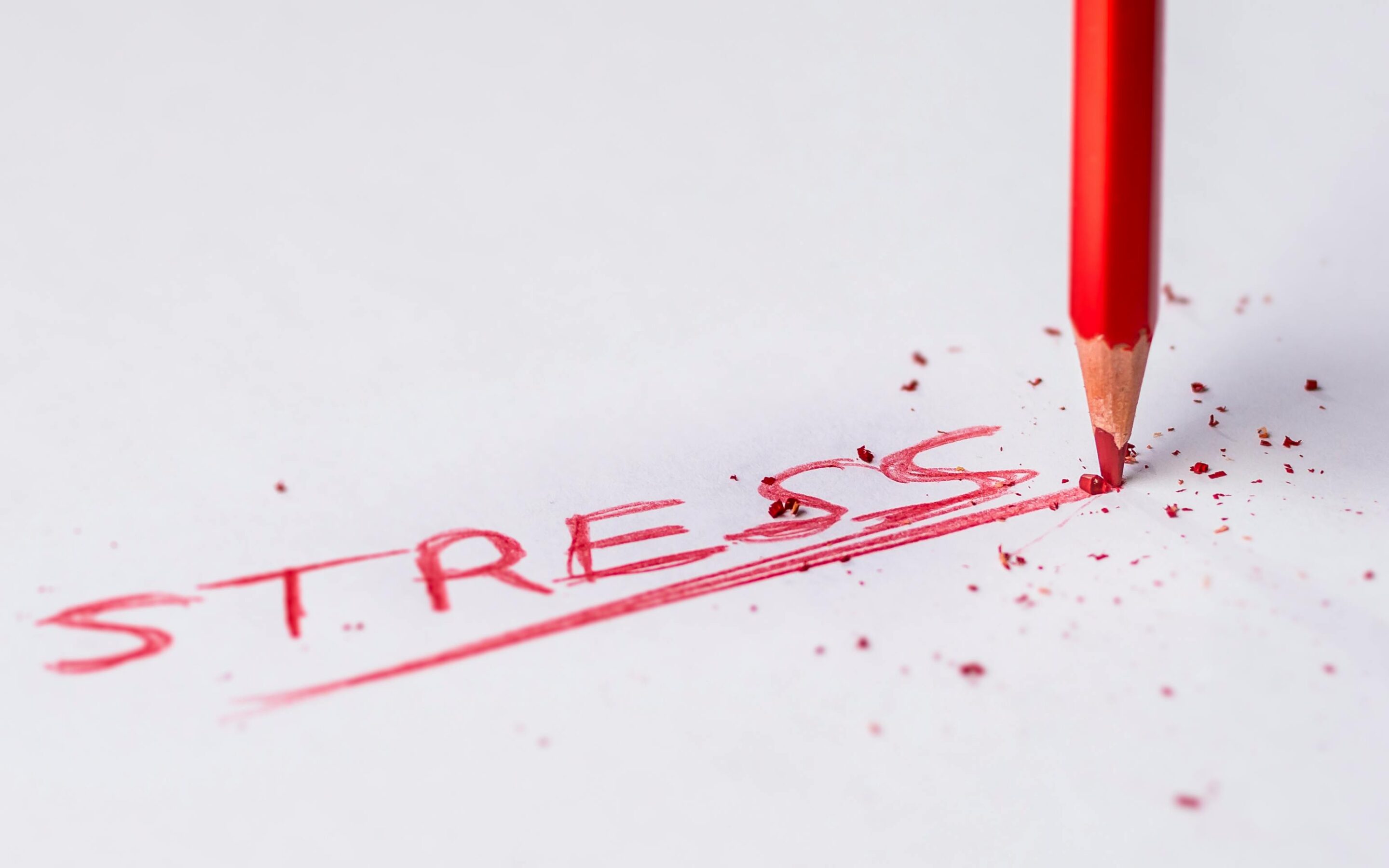
Stress and Hormones
Hormones are intricate little messengers that play a pivotal role within the body and maintain overall balance. They are produced by specialised glands, released into the bloodstream, and travel to target organs, where they initiate a chain of reactions and regulate everything, from growth and metabolism to mood and reproduction.
Hormones don’t work in isolation; rather, they interact in a highly choreographed dance within the body to ensure constant balance.
However, when the body prioritises the production of cortisol, the primary stress hormone, at the expense of other essential hormones, we have something known as “cortisol steal” or “pregnenolone steal” occurring. In this blog, we’ll explore the concept of cortisol steal, how stress hormones impact hormonal balance, and its potential effects on overall health. It is a fascinating concept that sheds light on the intricate interplay of hormones in our bodies and the massive knock-on effect of stress on our bodies.
Understanding Cortisol and Hormonal Balance
Cortisol, often called the “stress hormone,” plays a vital role in the body’s stress response. When stressed, the adrenal glands release cortisol, preparing the body for the “fight or flight” response. While cortisol is crucial for survival, chronic stress can lead to an imbalance in the hormonal system, affecting the production of other vital hormones.
The Role of Pregnenolone in Hormonal Synthesis
Pregnenolone is a precursor hormone that serves as the building block for the synthesis of various other hormones, including progesterone, oestrogen, testosterone, and DHEA (dehydroepiandrosterone). Therefore, it acts as a “master hormone,” and its availability determines the production of other hormones.
Cortisol Steal: How Stress Hormones Prioritise Cortisol Production
When the body is under chronic stress, it increases the demand for cortisol production to cope with ongoing stressors. As a result, pregnenolone, which would have been used to produce other hormones, gets “stolen” or shunted towards cortisol production. This shift can lead to imbalances in other hormones, potentially causing symptoms such as irregular menstrual cycles, reduced libido, mood swings, and fatigue.
Effects of Cortisol Steal on Hormonal Health
Reproductive Hormones: Cortisol steal can disrupt the balance of reproductive hormones, leading to irregular menstruation, fertility issues, and hormonal imbalances in both men and women.
Thyroid Hormones: Chronic stress and cortisol steal can affect thyroid function, leading to imbalances in thyroid hormones and potential issues like low thyroid function.
DHEA and Testosterone: With pregnenolone temporarily producing more cortisol, the synthesis of DHEA and testosterone may be compromised, impacting energy levels, libido, and muscle mass.
Progesterone and Oestrogen: Cortisol steal can lead to a relative deficiency of progesterone and oestrogen, contributing to menstrual irregularities, PMS, and menopausal symptoms.
Managing Cortisol Steal and Promoting Hormonal Balance
Stress Management: Stress-reduction techniques, such as meditation, yoga, and mindfulness, can help lower cortisol levels and decrease or even prevent this cortisol steal.
Sleep Quality: Prioritize restful sleep, as sleep deprivation can further exacerbate stress and cortisol imbalances.
Balanced Nutrition: Consuming a nutrient-rich diet with whole foods, healthy fats, and protein can support hormonal balance. Quick fixes and sugar may be tempting – resist!
Exercise: Regular physical activity can help reduce stress and promote hormonal health. Find some form of exercise that you enjoy and that your body can manage during this time.
Seek Professional Help: If you suspect hormonal imbalances or cortisol steal, consult a healthcare professional or endocrinologist for a comprehensive evaluation and personalised recommendations.
Conclusion
Cortisol steal highlights the intricate connection between stress hormones and the delicate balance of the rest of our body. Chronic stress can lead to prioritised cortisol production at the expense of other crucial hormones, potentially affecting various aspects of our health. We can support hormonal balance and foster overall well-being by managing stress, prioritising restful sleep, and adopting a balanced lifestyle. Remember, a holistic approach to managing stress and promoting hormonal health is vital to leading a healthy and harmonious life.
You might also like:Blogpost: Immune System Support
Your immune system is the most powerful weapon you have against disease. Strong immunity means the body can better fight off viruses and germs.
Here are 10 easy health tips for improving your immune system…

LET’S CONNECT

Take your first ‘Executive’ step towards a healthier, balanced YOU.
